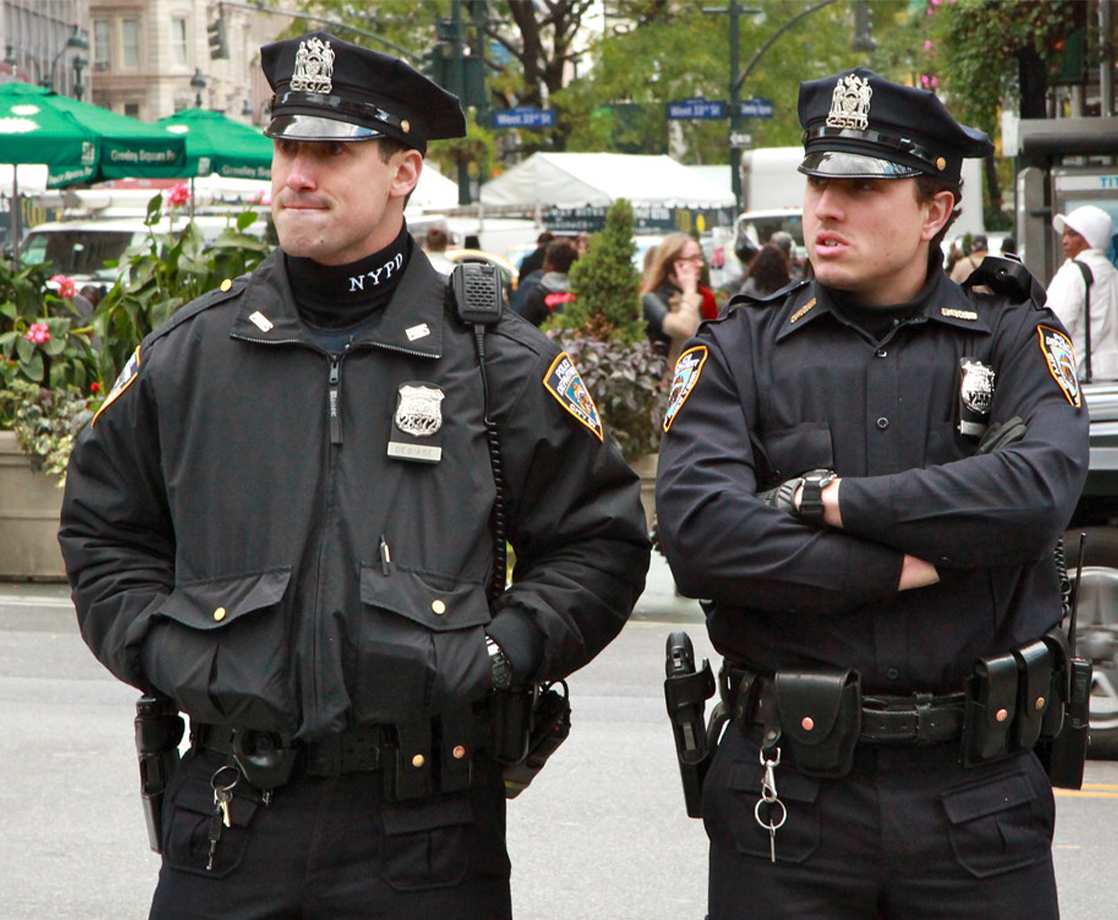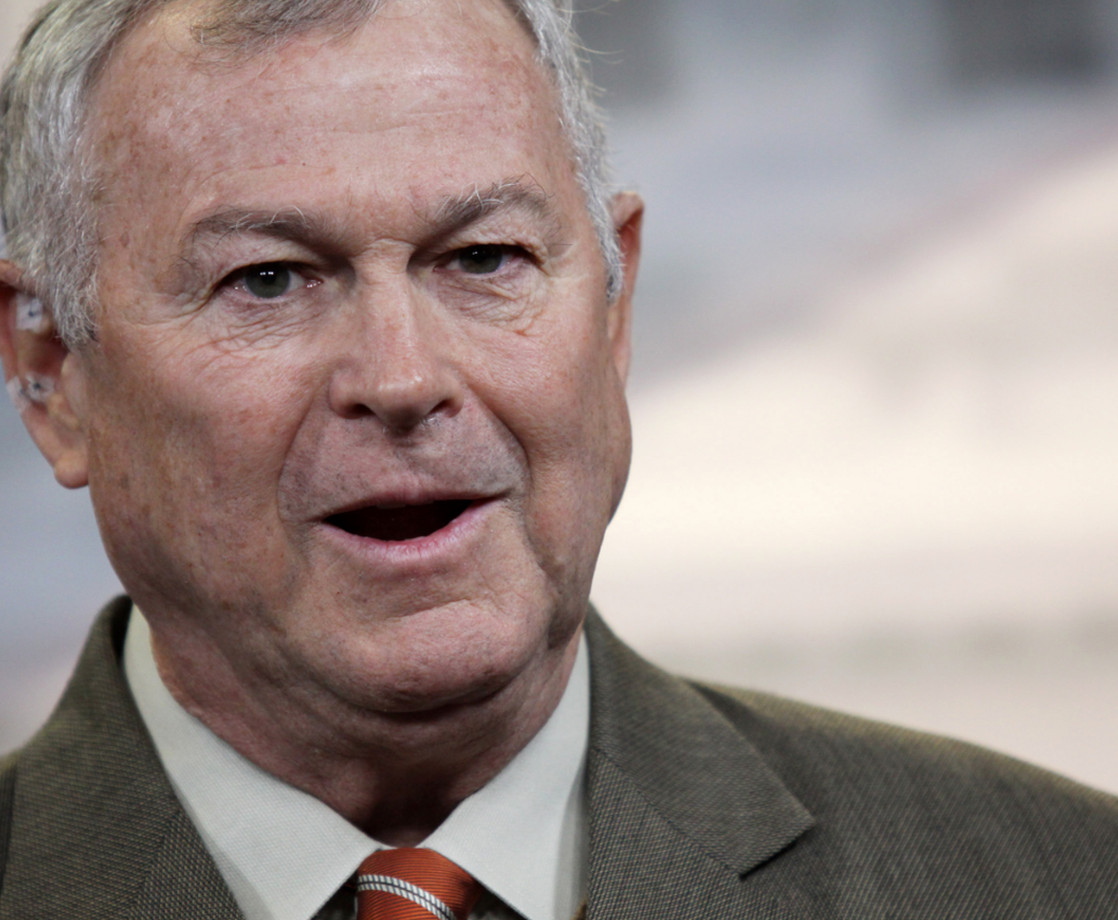Big banks, mammoth pharmaceutical companies, the NFL, and even munchies purveyors like Krispy Kreme are all working to help keep cannabis illegal.
These major corporations have recently come under fire for backing Community Anti-Drug Coalitions of America (CADCA), a nonprofit that lobbies against drug reform laws. Most recently, the group has been working to drum up opposition to the Cannabis Administration and Opportunity Act (CAOA), a new bill that would end the federal prohibition of cannabis. Shortly after the bill was filed in the US Senate last month, CADCA released an action alert urging its supporters to tell their representatives to vote against the bill.
After this latest round of anti-weed rhetoric, cannabis advocates started to wonder exactly who was funding the group’s lobbying efforts. A quick glance at CADCA’s website revealed a list of around four dozen corporate sponsors, including banks, massive pharmaceutical companies, law firms, universities, mainstream food and entertainment companies, and even the NFL. These partners reportedly provided financial support to the group and helped “create and disseminate” information on its drug policy recommendations.
The list of corporate sponsors went viral after Peter Grinspoon, MD, a primary care doctor and cannabis expert at Massachusetts General Hospital shared it on Twitter. But as soon as the media started drawing attention to the list, CADCA removed it from their site. The link to the sponsor list now goes directly to an “Access Denied” page explaining that “the page or resource you were trying to reach is forbidden for some reason.”
“It is quite telling that they would take down the corporate partners page in response to an informative tweet just naming who they are and what they are doing,” said Grinspoon to Marijuana Moment. “Why would they do that if they didn’t know that they were on the wrong side of history? Why would they do something that they are seemingly ashamed of, to the extent that they are curating their public messaging by taking down the corporate partners?”
CADCA may have chosen to hide their sponsors, but the full list is still easily accessible online. Purdue, Pfizer, Johnson & Johnson, and several other Big Pharma companies that have recently been sued for their role in promoting the opioid crisis are all on the list. This support is not surprising, since dozens of new clinical research studies have found that cannabis can serve as a safe and effective alternative to deadly, addictive opioids.
The NFL’s support is a bit of a surprise, though, given that the football league has recently been updating its cannabis policies. The league agreed to stop suspending players over cannabis use in 2020, and awarded $1 million in grants to medical marijuana researchers last year. NFL officials still ban cannabis companies from advertising during the Super Bowl and other games, though.
Several massive global financial institutions, including Goldman Sachs, Barclays, and Deutsche Bank, are also using their profits to advocate against legal weed. CADCA’s supporters also include print media publishers like Gannett, which owns USA Today and other media outlets and newspapers, and Scholastic, which publishes educational materials. DIRECTV is also on the list, but a representative from the company told Marijuana Moment that they have not “made any financial contributions to CADCA since DIRECTV separated from AT&T in August 2021.”
The sponsor list also includes a handful of food companies, including Krispy Kreme Doughnuts. The company’s anti-weed stance is particularly ironic, given that a sizable portion of their baked goods are probably scarfed up by stoners with severe cases of the munchies.
Regardless of the pushback, it looks like CADCA will probably get their way. Senate Majority Leader Chuck Schumer doesn’t seem to have the support he needs to push the CAOA through the Senate, and even if he did, President Biden has suggested that he would veto it. As an alternative, lawmakers are currently working on a more modest proposal that includes cannabis banking protections and other incremental reforms.











